We are developing the social individualist meta-context for the future. From the very serious to the extremely frivolous... lets see what is on the mind of the Samizdata people.
Samizdata, derived from Samizdat /n. - a system of clandestine publication of banned literature in the USSR [Russ.,= self-publishing house]
|
Our late colleague and friend Brian Micklethwait was very good at making people think. In particular he was very good at making me think, and even at times making me write. Often he would say something interesting that would make me write something as a response that I would never think to write for any other reason, and this blog, his own blog and its predecessors are full of articles and comments that were responses to things he started me thinking about. He had a tendency to repost my comments as articles when he found them particularly interesting, and many of our conversations took place in the articles and comment sections of various blogs. He loved posting photos of quirky things, fascinating objects, major pieces of architecture and engineering and interesting maps of places around the world that looked like they might be interesting.
Brian was not a great traveller. He was very pro-American, but he never visited the United States. He had done some travel earlier in life – including some behind the Iron Curtain before it fell, which I wish I had been able to do – but in the final two decades of his life when I knew him, he only ever really left London for regular summer trips to visit some friends in France. He clearly enjoyed this immensely, but travel was too much of a hassle for him unless there was warm hospitality as well as good company at the end of it.
He did, however, inspire me to travel. I saw photos of interesting things on his blog, and I researched them and wanted to go there, and I often did. He found this amusing, but he also liked to talk about what I had seen and photographed with me, so this continued the thoughts and conversations. (I still haven’t been on the Darjeeling Himalayan Railway, alas, although I have been on the similar but not quite as spectacular Matheran Hill Railway south of Mumbai).

In any event, in March this year Brian posted a pictographic map of Berlin in 1440 that he knew nothing of the origins of Berlin, but that he found the map interesting, showing a town or small city on two islands in the river Spree with a third island on the left that was at not that point significantly populated. As it happened, I knew relatively little about the origins of Berlin either, but I was instantly curious. I have been to Berlin many times, but I couldn’t have told you where the original town was. (Actually Berlin was technically two towns at the time – Berlin on one island and Cölln on the other). So I researched it, and discovered that although Berlin had some medieval city walls, these had not protected the city well in the Thirty Years War. The relatively unfortified city had subsequently been fortified into a star fort between 1650 and 1683, at which time the two outer streams of the river surrounding the three islands had been turned into a moat and the inner banks replaced with high walls. These walls then subsided into the swamps on which Berlin was built and were torn down starting in 1734, after which the two outer streams of the river were filled in, leaving only one island. The route of the north-easterly wall/stream was eventually used as the route for the Stadtbahn – Berlin’s main east-west railway. The south-easterly route, well, it was filled in and replaced with a layout of streets. Where it was is not obvious on a map or in a photograph.
I also found some modern maps and photographs of Berlin, and sent them to Brian. The inner island, the Spreeinsel, is recognisably the same between the oldest map and the newest photo, and does still have some remnants of being the important centre, including Berlin’s protestant cathedral, but the northern half northern half of it became the site of Berlin’s greatest museums, many of which have been reconstructed in recent times and restored to something even beyond their pre-WWII glory. In the comments, further conversation ensued. More people got involved in the conversation.
Inevitably in all this, I booked a trip to Berlin to wander around and look at the city from this new (or old) perspective. This was originally booked for April 2021. This was optimistic on my part given the circumstances, but I have actually done a lot of optimistic booking of travel over the last 18 months, the vast bulk of which has subsequently been rebooked, postponed and/or cancelled. (Lots of things have been ludicrously cheap to book due to travel companies promising anything in return for being given even small amounts of money, and have then been deferred to the indefinite future. Hopefully these companies will not now go bankrupt when they are forced to catch up with their liabilities). In any event, this trip was postponed to this month.
And, well, on Friday October 15 I got on a plane having received the awful news earlier in the day that Brian had died that morning.
Trying to find old things in Berlin is a struggle. There was a fairly small town there in 1400, but since then it has been drained, expanded, made a provincial capital, rebuilt, fortified, invaded once or twice, expanded again, demolished, rebuilt again, expanded some more, fortified, rebuilt again and turned into an imperial capital, torn down, blown up, bombed to rubble, blown up some more, turned into a communist capital, demolished again, neglected, expanded some more and rebuilt again and made into a national capital, just giving he highlights. In most cities, the geographical and historical bones stick through. In Berlin, much less so. The watercourses to some extent, but that is all.

I attempted to look for remnants of the old city walls. In most cities it would be helpful to type “[City Name] wall remnants” into Google, but “Berlin Wall Remnants” gets something else. To make things even more complicated there was another wall, the Customs Wall, that was built around 1737 for tax collection purposes (boo). Most Berlin place names refereeing to gates (most notably the Brandenburg Gate) refer to this wall. So, I actually found myself looking at the original maps of Berlin in 1440 (and the later map of the star fortress in around 1683), looking carefully for the rights bends and branches and former branches of the river. I started well, finding a piece of (obviously restored) medieval city wall in Littenstrasse>. But that was it for finding further pieces of wall. I followed the approximate line of Littenstrasse through Alexanderplatz, just to the south of the Stadtbahn along the top of what had been Alt-Berlin.

The street plan had been changed by the centuries and the Prussians and the fascists and the communists, and I found nothing more medieval. I crossed the Spree at Bodestrasse, between the Neues Museum (now again containing the bust of Nefertiti, as it did before 1939) and the Berliner Dom, the now restored protestant cathedral that had still been in post-WWII ruins when I first visited Berlin in 1992. I then doubled back to the top of the island before walking past the Humboldt University of Berlin, through Bebelplatz (site of the Nazis infamous book burnings), past the Roman Catholic St. Hedwig’s Cathedral (at present closed for the East German post-war modernist restoration to be removed and replaced with something more tasteful and less full of asbestos) and Oberwallstrasse, Niederwallstrasse, and Wallstrasssse, the latter three streets following the route (with a little straightening) of the wall of the star fortress, at least some of the bends in the shape of that wall being apparent. And back where I started, but on the other side of the river, having circumnavigated the old cities of Berlin and Cölln.
But there was one more thing to see. When we were looking at old and new pictures of Berlin, Brian’s cousin (I think) David Micklethwait commented that the only building that could be seen in the first, last, and intermediate pictures of Berlin was the Berliner Schloss (Berlin Palace), originally the Churfurstl Schloss (Elector’s Palace), home of the heads of House of Hohenzollern during their long journey from Margraves of Brandenburg to being Emperors of Germany before Kaiser Wilhelm II was forced to abdicate in 1918.

Except, I did some further research and it is stranger than that. Rather than being the oldest building in the later photo of Berlin, the Berliner Schloss is actually one of the very youngest – the current building was completed in 2020. The original building was badly but not irreparably damaged in World War 2. The East Germans at times used it as a backdrop for a War movie (including firing live ammunition at it), partly repaired it and used it as office space, denounced it as a symbol of Prussian militarism, and finally demolished it in 1950, partly for ideological reasons but mainly because they were arseholes. The Palace of the Republic – the East German parliament – was then built on the site. After German reunification in 1990, the new German government demolished this building, partly for ideological reasons and partly because it was full of asbestos.
After much discussion, the Palace was rebuilt as the Humboldt Forum, a museum featuring a reconstruction of the Berliner Schloss on the exterior but with an entirely modern interior. (The result was then denounced by the New York Times as an attempt to hide the history of Prussian militarism). Brian found this amusing, as it fitted in with another of his ideas – the triumph of modernism on the insides of buildings but not so much on the outside. His recent thoughts on this subject came in the context of hospitals, alas.
So, I finished my walk around old Berlin with a visit to the Berliner Schloss / Humboldt Forum. And, well, it’s weirder than that.
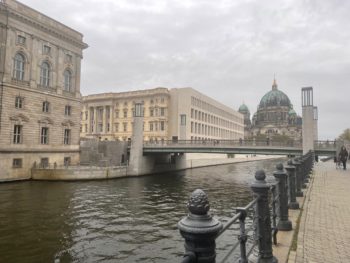
If you are going to reconstruct old buildings after a war, there are a few things you can do. You can take what is left, and use modern techniques and designs to rebuilt the rest, leaving you with a building that is half and half new and old. (Lots of buildings in Britain and for that matter in West Germany that were quickly rebuilt after WWII are like this). You can reconstruct the new parts in hopefully a sympathetic and complementary style, but also in such a way that the new bits are obviously new rather than old. (Much of the recent restorations of central Gdansk are like this, and I like them a lot). You can attempt to restore the damaged part of the building to the same design as before. The aforementioned Berliner Dom is an example of this. Or you can demolish the ruins and start again, either in the same style or differently. Rebuilding exactly what was there before (as was done in the centre of Warsaw) perhaps works if you do it right away (as the Poles did) but the longer you leave it, the more the result looks like trite and artificial, at least at first. (For an example, look at the Dresden Frauenkirche. It’s a brand new Baroque building with no wear built to modern health and safety standards)
And well, the architects who rebuilt the Berliner Schloss decided to make the fact that it is a reconstruction obvious, by building the front wall (including the main entrance) and two side walls as perfect reconstructions of the original down to every detail, but the back wall in a rather severe modernist style. Similarly, the main courtyard has three interior walls in the Prussian Baroque style of the original building and one in modernist wall. If you look at the building from the front or the sides, it looks like an (admittedly brand new) Prussian Baroque palace. From the back, it looks like a modernist building. From other angles, it looks mostly like an old building, but not quite.
Does it work? I’m not sure. It would have no chance of working anywhere other than in the strange city of Berlin, which is a mix of old and new and original and reconstructed and broken and repaired and has been a showcase of every German regime for the last 500 years – for good or for bad.
A month ago, and a year ago, and ten years ago, and twenty years ago, I would have talked about all this with Brian when I got back. I might have e-mailed him photos when I was still there. There would have been more sharing of photos and conversing and commenting on blogs. He might well have called me an idiot if I said something I disagreed with. I have no idea whether he would have liked or disliked the rebuilt Schloss Berlin, but he would have had something interesting to say about it. He loved talking about what buildings looked like in the context of the surrounds of the cities they were in, and found that too much architectural commentary didn’t focus on this and instead talked about buildings in isolation. I agreed with him on this point, which is one reason why I go places to see stuff.
Anyway, the point is that I miss Brian. Fuck cancer.

As is customary on these occasions, I would like to express the hope that it will be over quickly, and that everybody loses.
Seriously, though, if the British were serious about Brexit, they would stop playing and following this ridiculous and offensive round ball game that is so beloved of continental Europeans and Latin American thugocracies, and which in recent times has sold itself to the highest bidders in Russia and the Middle East, no matter how odious and disgusting. If you actually understood and realistically wanted to join the Anglosophere, you would disdain it. Certainly we in the rest of the English speaking world would have more respect for you if you did.
(Yes, I know you invented it. That’s not remotely the point).
Recently (by which I mean about six weeks ago), I ordered a 3D printer kit to be sent to me from China. It was much cheaper to order it directly from a seller in Shenzhen than via an intermediary like Amazon. Because I was in no real hurry to get it – and because I am cheap – I selected the cheapest shipping option – Europe Railway Priority Mail.
My printer has clearly been coming via the Trans-Mongolian Railway, which joins the Trans-Siberian railway north of Mongolia. Given that it has taken over a month to get to Budapest, it has clearly not made the journey on a single train, even on the sections where this is theoretically possible, such as Beijing to Moscow.
I give you my wonderful tracking information. I particularly like “Arrived in changsha chardonnay coagulation loading bays”. Also, let’s face it. “Get to Russia off sharply” is good advice for anyone. (Click to make the image larger).

We have heard the Rights of Man called a levelling system; but the only system to which the word levelling is truly applicable, is the hereditary monarchical system. It is a system of mental levelling. It indiscriminately admits every species of character to the same authority. Vice and virtue, ignorance and wisdom, in short, every quality, good or bad, is put on the same level. Kings succeed each other, not as rationals, but as animals. It signifies not what their mental or moral characters are. Can we then be surprised at the abject state of the human mind in monarchical countries, when the government itself is formed on such an abject levelling system?—It has no fixed character. To-day it is one thing; to-morrow it is something else. It changes with the temper of every succeeding individual, and is subject to all the varieties of each. It is government through the medium of passions and accidents. It appears under all the various characters of childhood, decrepitude, dotage, a thing at nurse, in leading-strings, or in crutches. It reverses the wholesome order of nature. It occasionally puts children over men, and the conceits of non-age over wisdom and experience. In short, we cannot conceive a more ridiculous figure of government, than hereditary succession, in all its cases, presents.
– Tom Paine
IKEA founder Ingvar Kamprad has has died. Evidence suggests that in his youth, Mr Kamprad was a Nazi. I don’t mean this in any metaphorical sense. He appears to have been an actual Nazi.
Mr Kamprad then went on to conquer the world through selling people flat pack furniture. Rather than the other way.
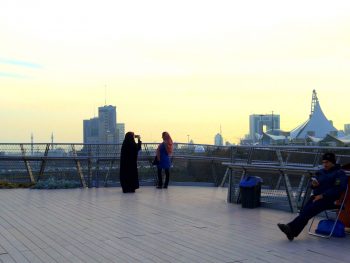 Tehran, Iran. January 2017 Tehran, Iran. January 2017
 Barcelona, Catalonia. January 2017 Barcelona, Catalonia. January 2017
 Palermo, Italy. January 2017 Palermo, Italy. January 2017
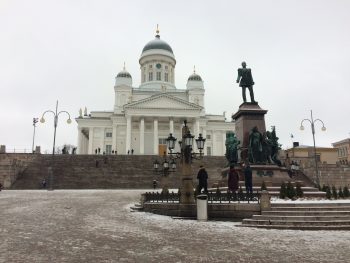 Helsinki, Finland. February 2017 Helsinki, Finland. February 2017
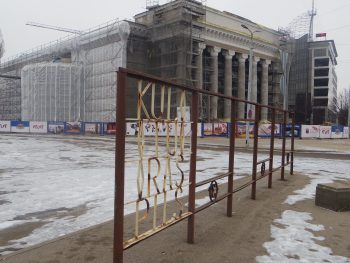 Riga, Latvia. February 2017 Riga, Latvia. February 2017
 A Coruña, Galicia. March 2017 A Coruña, Galicia. March 2017
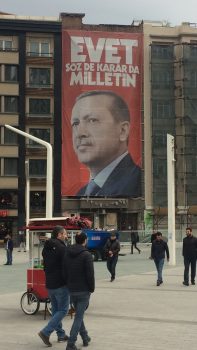 Istanbul, Turkey. March 2017 Istanbul, Turkey. March 2017 Jodhpur, India. March 2017 Jodhpur, India. March 2017
 Lumbasumba Pass, Nepal. April 2017 Lumbasumba Pass, Nepal. April 2017
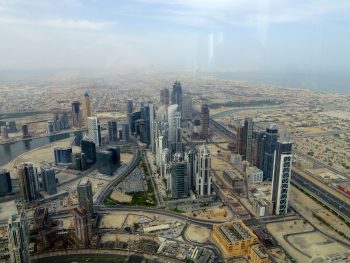 Dubai. May 2017 Dubai. May 2017
 Wuppertal, Germany. May 2017 Wuppertal, Germany. May 2017
 Oslo, Norway. June 2017. Oslo, Norway. June 2017.
 Afsluitdijk, Netherlands. July 2017 Afsluitdijk, Netherlands. July 2017
 Berlin, Germany. July 2017 Berlin, Germany. July 2017
 Madras, Oregon. August 2017 Madras, Oregon. August 2017
→ Continue reading: Life is short
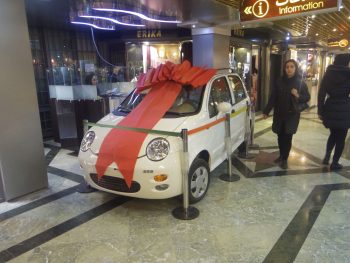
The above picture is the most commonplace thing in the world. There is a gift wrapped car in a shopping mall. Obviously, this is a prize in a competition, designed to encourage people to visit the shopping mall and spend money in the shops. The car is first generation Daewoo Matiz – later known as the Chevrolet Spark – an old design now but one of the cheapest cars in production in the world. It’s an utterly awful car to drive, but it is A NEW CAR!. If you are a shopping centre owner, then the main thing is that it is a new car. That it is the cheapest new car in existence is not the point. The point is that the prize in our competition is A NEW CAR! It’s a city car, also. If you are in a place where the traffic is bad enough, a lack of acceleration and an inability to drive above 80km/h matters less, anyway.
Well, yes. And no.
There is, of course a story.
I live in London by myself. My family are in Australia. London is cold, dark, and deserted between Christmas and New Year, and it can be depressing to be here by yourself. Although I don’t need much of an excuse to go travelling at the best of times, I particularly try to get out of town, ideally to somewhere where there is no Christmas. Last year this led to my finding myself in Tehran, Iran. I didn’t quite entirely escape Christmas – there was still a Christmas tree in the lobby of my hotel – but I mostly escaped Christmas. Certainly, the traffic gridlock on December 25 was horrendous, as indeed the traffic gridlock is horrendous in Tehran on most days. There is a metro in Tehran, but Tehran is a sprawling city which makes it only so useful, a little like the metro in Los Angeles. Tehran is a sprawling city of multi-lane freeways and horrendous traffic in a basin surrounded by mountains, a little like Los Angeles. In the expensive suburbs of north Tehran, it’s not especially hard to find yourself in achingly hip cafes that might almost be in Silver Lake, too, but let’s go there some other time.
The whole “enormous, car-centric sprawl with an immense freeway system” makes Los Angeles a polluted city by American standards, but in all honesty it is much less polluted than it used to be. Modern cars are more efficient and have more advanced emissions control systems than was the case even a few years ago, and like all developed world cities, the air in Los Angeles is much cleaner than it once was.
In Tehran, though, imagine a rapidly growing city, that despite sanctions is getting richer. Demand for cars is high, but due to those sanctions Iran is unable to import cars from many industrial countries. Cars stay on the road longer, which means the pollution will remain worse for longer than in many other cities of similar levels of development. Sanctions are uneven, so it is much easier to do business with carmakers in certain other countries than others. When you look around, you find that most of the cars are Korean, or French, or will be oddly familiar things or brands you haven’t heard of.
This gets us back to the overtly Korean car in the shopping mall.
→ Continue reading: Globalisation is very weird.
 Victoria, British Columbia. August 2017. Victoria, British Columbia. August 2017.
The Jews. And the Freemasons. In a conspiracy. Working together. Dear God. It’s all real…
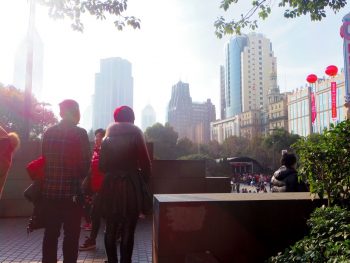 Shanghai, China. January 2016 Shanghai, China. January 2016
 Malaga, Spain. January 2016. Malaga, Spain. January 2016.
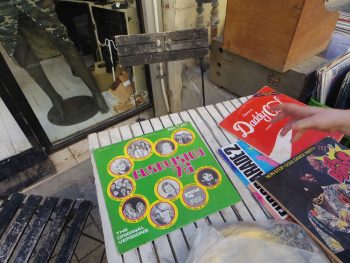 Jaffa, Israel. January 2016. Jaffa, Israel. January 2016.
 Evora, Portugal. February 2016 Evora, Portugal. February 2016
→ Continue reading: I am a little late. I have been busy
The public health system of the Australian state of Queensland required a new payroll system. In 2007, a contract was issued to IBM to provide a new system for $6.19 million Australian dollars.
The resulting system did not work, and went over budget by $1.1 billion. Yes, read that again.
In 2013, the Queensland government was “considering” sacking the bureaucrats responsible for mismanaging the contract. Since then, there has been no publicity concerning any actual sackings. Read that how you will.
I hate taxis. Hate them. Hate them. Hate them. Hate them. Loathe them. Detest them.
This is a fairly common feeling amongst frequent travellers. You arrive in a foreign and unfamiliar place on a plane or train. You are tired. You are not familiar with local prices. You are not familiar with local customs. You probably know the name of the hotel or other place that you want to go to, but you possibly don’t know where it is or what is the best route to take you there.
So you get into a taxi. It is just you and the driver. You want him (or her, but it never is) to take you to your destination. You are putting yourself in a sealed and locked car with someone you have never met before and, and who you will never do business with again. He doesn’t know who you are and never will, and you don’t know who he is, and never will. In the event that you have grounds for a complaint, it might be possible to identify him through his medallion number or licence number or something, but you are not going to think to do that (being very tired) and even if you do, complaining later will involve procedures, languages, laws and customs that you are not familiar with. A driver who takes advantage of you is extremely unlikely to suffer any consequences whatsoever.
As a consequence of all this, there are an absolutely endless number of ways in which taxis drivers will take advantage of foreign travellers – particularly ones who have just arrived at airports and railway stations. These vary from mild dishonesty to outright criminality. All of the following have happened to me, at one time or another. Vaguely from least bad to worst bad.
- The taxi driver takes a long route, so increasing the fare
- The taxi driver flatly refuses to take you where you ask to be taken, but decides to take you to a different destination entirely, because he is being paid a commission by a different hotel/bus company/museum/airport/warlord/country than the one whose services you want to use. (Insisting that he does not understand you for linguistic reasons when he clearly does often happens in this and many other scams)
- Taxi driver refuses to understand expressions like “What will it cost me to go to x?” or “Turn on the meter” in English (or indeed any other language) and is completely unable to understand gestures like pointing to your wallet, or pointing to the meter, or any such thing. At least, not until the end of the journey, at which point he will insist on a fare four times what is reasonable.
- The taxi driver agrees on a fare, but at the end of the journey insists that he did not agree on that fare, and asks for a different amount of money. The fact that “fifteen” sounds very similar to “fifty” in English, and similar, can be particularly effective here.
- Having agreed on a fare, the taxi driver drives you to a point in the middle of nowhere – but worryingly close to the Syrian border – and insists that you give him more money than was previously agreed upon, and refuses to go anywhere further and tries very hard to prevent you from finding another taxi driver until you agree
- The meter is rigged. When a passenger who does not know better – a foreigner or someone otherwise from out of town – gets into the taxi, the driver pushes a button on the meter which causes it to charge three times as much as it does regularly
- At the end of the journey, you only have a banknote that is many times the fare, and the driver insists that he has no change.
- At the end of the journey, you pay your fare, and the taxi driver gives you forged money as change
- At the end of the journey, the fare is 90 pesos. You give the driver a 100 peso note. He shows you the note you gave him back at you – a 10 peso note, indicating that you gave him the wrong amount. You give him another 100 peso note, failing to realise that he switched the notes and you have just paid him 90 pesos too much. (You are particularly vulnerable to this when it is dark, you have just got off a long flight, and the local money is unfamiliar. Actually, this is true of most of the above, but I was particularly annoyed with myself when I fell for this one that time in Buenos Aires. For the record, the forged money was also in Buenos Aires).
These scams all have to do with one of three things: the choice of the route, the setting of the fare, and the exchange of money. When I use Uber, all three of these issues are solved, utterly. Firstly, Uber’s satnav/GPS system tells the driver what route to take, and I as a passenger am shown the route on a map. If the driver diverts too far from that route without a good reason, I make a simple complaint, my money is refunded to me, the driver suffers reputational damage, and he does not get paid. The fare is decided by a third party (whose terms and conditions the driver has agreed to) and quoted to me in advance, either as a flat amount or a fare per mile. The “meter” is controlled by that third party, and cannot be rigged. And I pay the money to a third party, and the money is essentially held in escrow until I have completed my journey and have said I am happy with it. The driver knows he gets paid if he does his job properly, and I know that there will be no attempt to scam me over money. Because I know he is not going to scam me and he knows I am not going to scam him (and anyway, because there is recourse if one of us does) there is no reason for us to not trust one another, and we are therefore invariably polite and friendly to each other. Which makes my day nicer, and very likely his also.
I am extremely reluctant to get in a taxi in a foreign city, full stop. However, I will use Uber any time.
 Toledo, Spain. January 2015 Toledo, Spain. January 2015
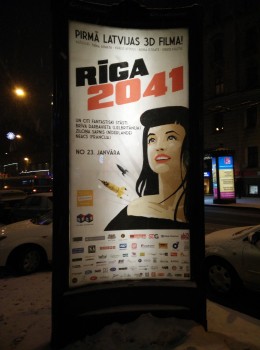 Riga, Latvia. January 2015 Riga, Latvia. January 2015
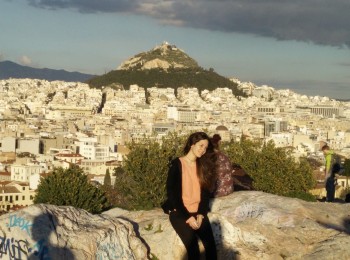 Athens. Greece. February 2015 Athens. Greece. February 2015
 Baalbek, Lebanon. February 2015 Baalbek, Lebanon. February 2015
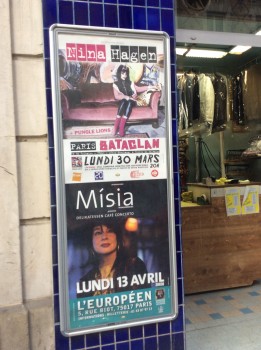 Paris, France. March 2015 Paris, France. March 2015
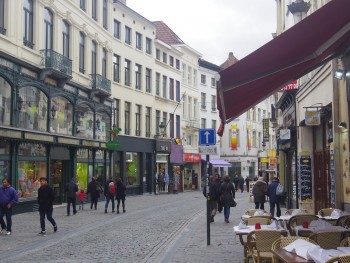 Brussels. March 2015 Brussels. March 2015
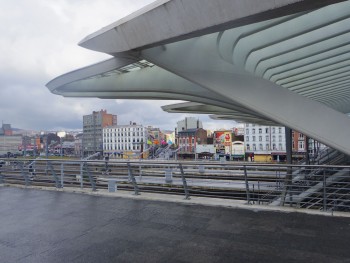 Liege, Wallonia. March 2015 Liege, Wallonia. March 2015
 Kelmis, Former condominium of Neutral Moresenet. March 2015 Kelmis, Former condominium of Neutral Moresenet. March 2015
 Vaals, Netherlands. March 2015 Vaals, Netherlands. March 2015
 Aachen, Germany. March 2015 Aachen, Germany. March 2015
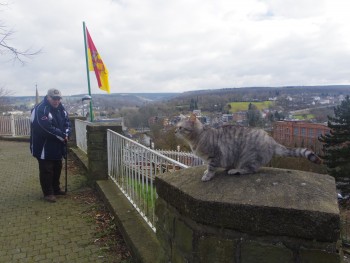 Eupen, German Speaking Community of Belgium. March 2015 Eupen, German Speaking Community of Belgium. March 2015
 Pomerol, France. April 2015 Pomerol, France. April 2015
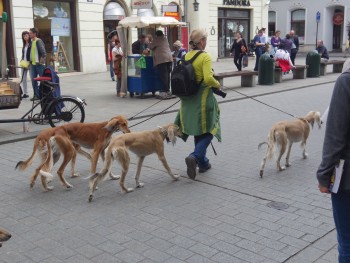 Kraków, Poland. May 2015 Kraków, Poland. May 2015
 Ružomberok, Slovakia. May 2015 Ružomberok, Slovakia. May 2015
 Nida, Lithuania. June 2015 Nida, Lithuania. June 2015
 Liepaja, Latvia. June 2015 Liepaja, Latvia. June 2015
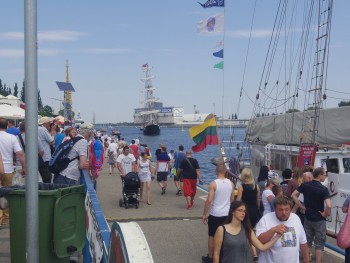 Szczecin, Poland. June 2015 Szczecin, Poland. June 2015
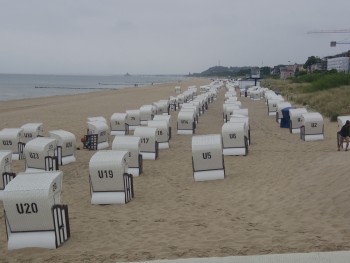 Heringsdorf, Germany. June 2015 Heringsdorf, Germany. June 2015
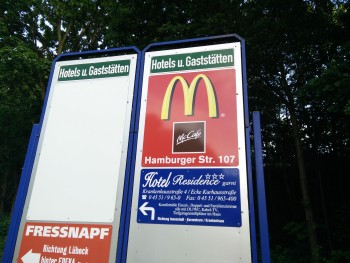 Bad Segeberg, Germany. July 2015 Bad Segeberg, Germany. July 2015
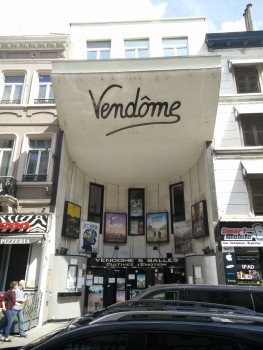 Brussels. July 2015 Brussels. July 2015
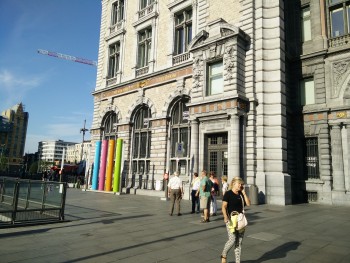 Antwerp, Flanders. July 2015 Antwerp, Flanders. July 2015
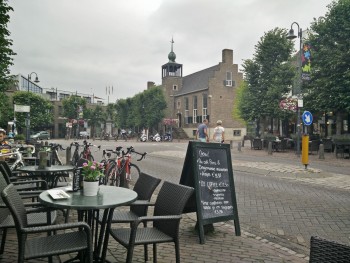 Baarle-Nassau/Barle Hertog, Netherlands/Belgium. July 2015 Baarle-Nassau/Barle Hertog, Netherlands/Belgium. July 2015
 Breda, Netherlands. July 2015 Breda, Netherlands. July 2015
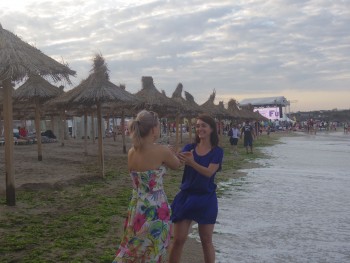 Vama Veche, Romania. August 2015 Vama Veche, Romania. August 2015
 Durankulak, Bulgaria. August 2015 Durankulak, Bulgaria. August 2015
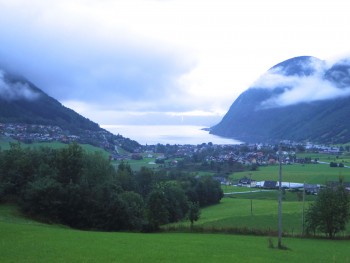 Vikøyri, Norway. August 2015 Vikøyri, Norway. August 2015
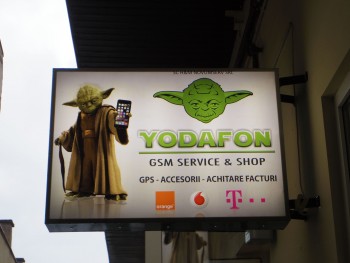 Târgu Mureș, Romania. September Târgu Mureș, Romania. September
 Edinburgh, Scotland. September 2015 Edinburgh, Scotland. September 2015
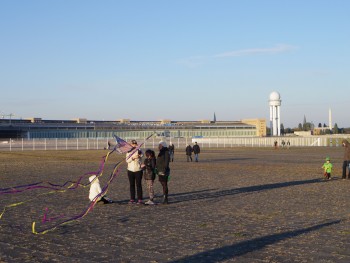 Tempelhof, Berlin, Germany. October 2015 Tempelhof, Berlin, Germany. October 2015
 Ramsay, Isle of Man. October 2015 Ramsay, Isle of Man. October 2015
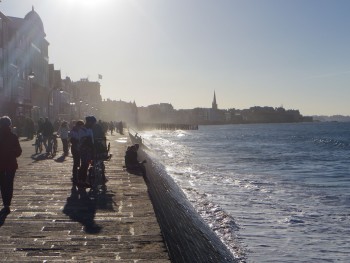 St Malo, France. October 2015 St Malo, France. October 2015
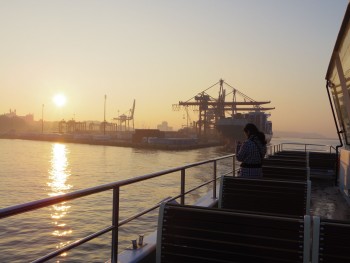 Istanbul, Turkey. November 2015 Istanbul, Turkey. November 2015
 Tatranská Lomnica, Slovakia.November 2015 Tatranská Lomnica, Slovakia.November 2015
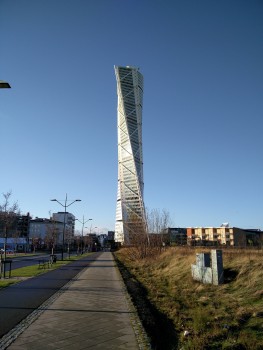 Malmo, Sweden. December 2015 Malmo, Sweden. December 2015
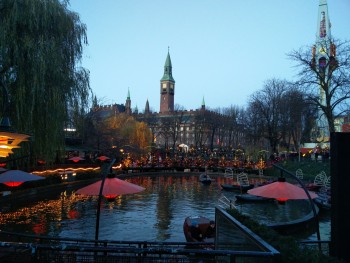 Copenhagen, Denmark. December 2015 Copenhagen, Denmark. December 2015
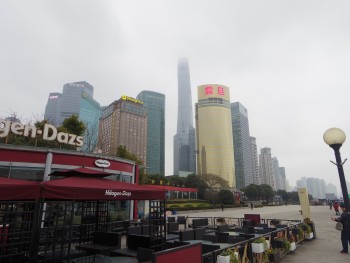 Shanghai, China. December 2015 Shanghai, China. December 2015
|
Who Are We? The Samizdata people are a bunch of sinister and heavily armed globalist illuminati who seek to infect the entire world with the values of personal liberty and several property. Amongst our many crimes is a sense of humour and the intermittent use of British spelling.
We are also a varied group made up of social individualists, classical liberals, whigs, libertarians, extropians, futurists, ‘Porcupines’, Karl Popper fetishists, recovering neo-conservatives, crazed Ayn Rand worshipers, over-caffeinated Virginia Postrel devotees, witty Frédéric Bastiat wannabes, cypherpunks, minarchists, kritarchists and wild-eyed anarcho-capitalists from Britain, North America, Australia and Europe.
|



































































